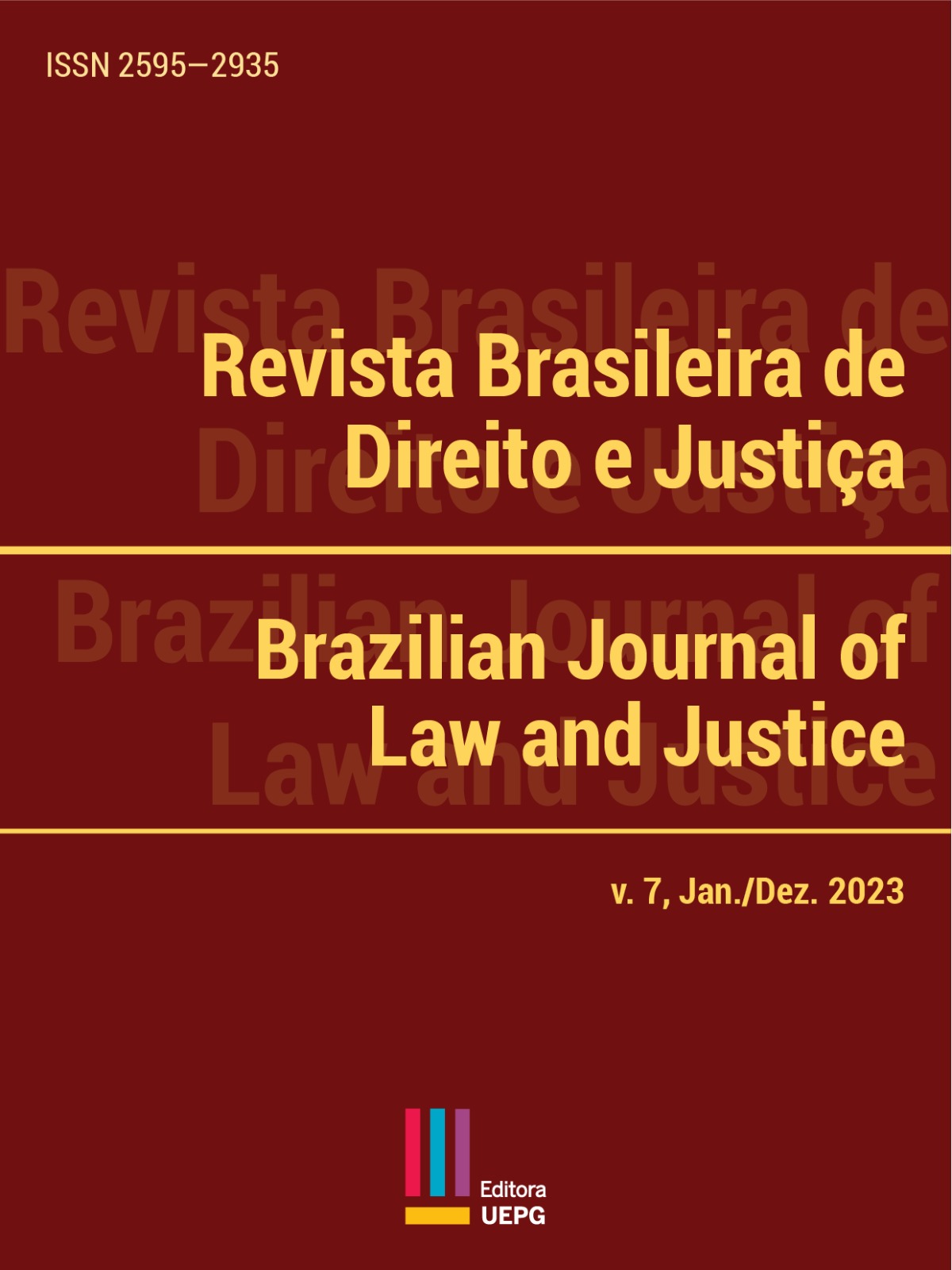THEORY OF WEIGHTING PRINCIPLES IN ROBERT ALEXY
AN ANALYSIS OF THE EFFECTS OF WEIGHTING IN THE THEORY OF THE ADMINISTRATIVE ACT
Abstract
After the Second World War, there was a movement towards providing the constitutional order with an overcoming of some of the main theses of Legal Positivism in order to seek a greater effectiveness of the Constitution, leaving the text to have a merely rhetorical character. and becoming more effective, especially in view of the expectation of realizing fundamental rights. It will then be in this perspective that several authors will emerge who, in the search for a theorization for the phenomenon, will materialize a new legal order, conceived as Neoconstitutionalism. One of the authors who will address the task will be Robert Alexy. Based on his seminal work “Theory of Fundamental Rights”, we will seek to lay the foundations of neoconstitutional thinking in Law based on his Theory of Weighting. Starting from an analysis of the beginnings of neoconstitutional theory, arriving at the studied theory, this text will then try to demonstrate how fundamental it will be for the development of the Theory of the Administrative Act in the scientific scope and how such a perspective will be of vital importance for the foundation of a new theory of modification of the administrative act. It also allows an investigation into the edition of new articles in LINDB and its relation with the theory of the act and the weighting, in order to, in the end, envision a concrete possibility of resuming the scientific character in the theory of the administrative act.
Downloads

Downloads
Published
Issue
Section
License
Authors who publish in this journal agree to the following terms:
1. Authors maintain copyright and grant the journal the right of first publication, with the work simultaneously licensed under the Creative Commons Attribution License that allows for the sharing of work with recognition of its authorship and initial publication in this journal.
2. This journal offers open access to its content to promote the visibility of articles and reviews published. For more information on this approach, visit the Public Knowledge Project, a project that improves the academic and public quality of research studies. This project supports the OJS and other open access publishing software for academic sources. Names and email addresses included on this site will be used exclusively for the journal's purposes and are not available for other purposes.

